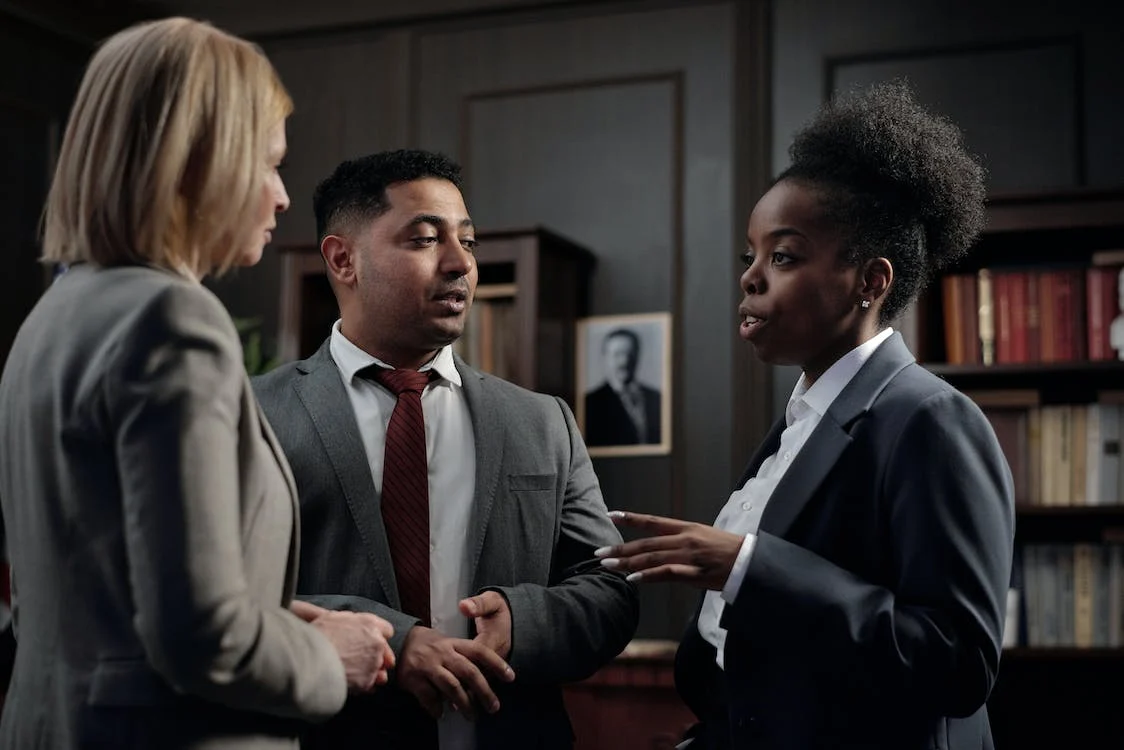Running a small or medium-sized business comes with its many unique challenges, and one of the most pressing issues is dealing with clients who consistently fail to settle their bills. Outstanding and unpaid invoices threaten the financial health and stability of the business, and require swift and consistent follow up to ensure it all gets paid.
As a business owner, time is a valuable commodity, and chasing overdue invoices can become a frustrating endeavor. Harnessing the expertise of a professional debt collection service, such as the recovery experts at Monetaria Group, can prove instrumental in efficiently recovering your funds, allowing you to focus on your business operations. Here are key indicators that it might be time to engage a debt collection agency:
5 Signs You Need To Hire A Debt Collection Agency
Collecting Bills Takes Up Your Precious Business Time:
If collecting debts interferes with core business tasks, outsourcing to a collection agency can save significant time and energy, and give you back the time to focus on doing what you do best: growing your business.
READ MORE: How to Deal with Debt Collection Agencies
One Of Your Debtors May Be Going Bankrupt:
Look for signs of a debtor preparing to default or declare bankruptcy. Repetitive bouncing checks or no response to your communication attempts are major red flags. If your instincts suggest potential bankruptcy, act quickly by hiring a collection agency or debt recovery attorney to file a claim before the opportunity is taken out of your hands.
READ MORE: When to Hire A Debt Collections Attorney?
You Don’t Have Dedicated Staff for Collections:
Avoid burdening accounting or sales professionals with debt collection-which is not part of the purview or skill set-; instead, employ a dedicated debt collector who understands legal nuances and knows how to maintain client relations even while having difficult conversations.
READ MORE: When Is It Time To Hire a Debt Collections Agency?
Accounts Show Unpaid Invoices That Are Older Than 60 Days:
Act promptly when accounts show unpaid invoices older than 60 days. That is when it officially becomes ‘delinquent’, and moving fast will help avoid delays that may complicate debt collection.
Overdue Receivables Impacting Cash Flow:
When the overdue bills you need to collect keep mounting and impact your business’s cash flow and ability to pay your own suppliers and service your customers, it’s time to hire a debt collection agency or debt recovery attorney-or opting for a combined approach, which Monetaria offers-to help you collect what is owed to you and help put your business back on stable financial ground.
READ MORE: How to Send Someone to Collections
All these signs signal the need for debt collection assistance, and business owners should do thorough research before settling on a debt recovery agency. They should look for testimonials, pricing structures and how they can meet your needs. Monetaria Group, with over a decade in debt collection and led by an experienced team of debt recovery attorneys, offers top-tier debt collection services, ensuring the swift and efficient recovery of your dues while fostering positive and productive client relations.
We’re happy you found this article informative! Go back to our blog page to find more tips, tricks and guidance on collections, to ensure your business gets paid.
If you have unpaid debts that need to be recovered, commercial debt collection may be a good option for your business. A commercial debt collection agency can help you with the process of recovering past-due accounts and provide guidance on best practices for managing accounts receivable.
Led by a team of experienced commercial debt collection attorneys, Monetaria Group has lawyers for debt collection and helped hundreds of businesses recover and collect their outstanding debts and payments. Schedule a FREE consultation with our expert team to see how we can help you recover your money today!








